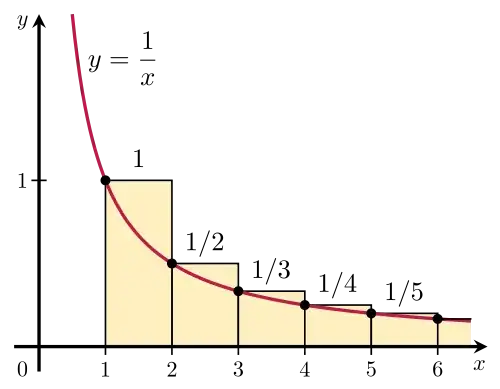I'm trying to show different convergents, and this is the first one i'm having problems with.
$\dfrac11 + \dfrac 12 + \ldots + \dfrac 1n - \log n \rightarrow \gamma$ Like it's the definition of euler's constant, but how to show that this expression is convergent( i don't mean convergent to specific number, just convergent ).
I tried d'alambert's criterion. This is : if $$\left| \frac{a_{n+1}}{a_{n}}\right | < 1$$ then $a_{n}$ is convergent.
But i end up with something like
$$\frac{H_{n} + (n+1) - ln(n+1)}{H_{n} - \ln(n)}$$ where $H_{n}$ is n-th harmonic number. I have no clue how to work on it further.
Would love to get some hints or solutions on this.
Cheers
